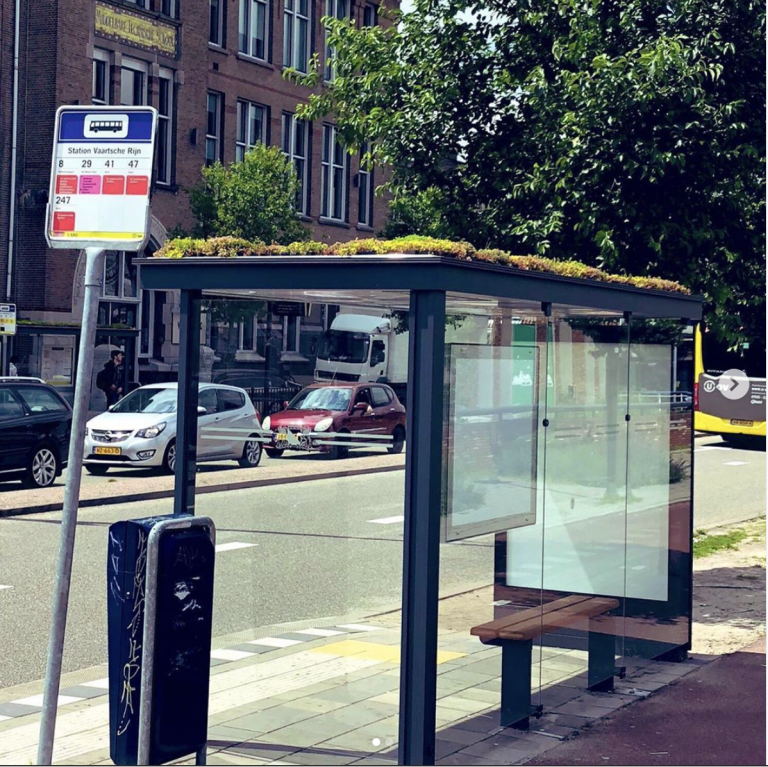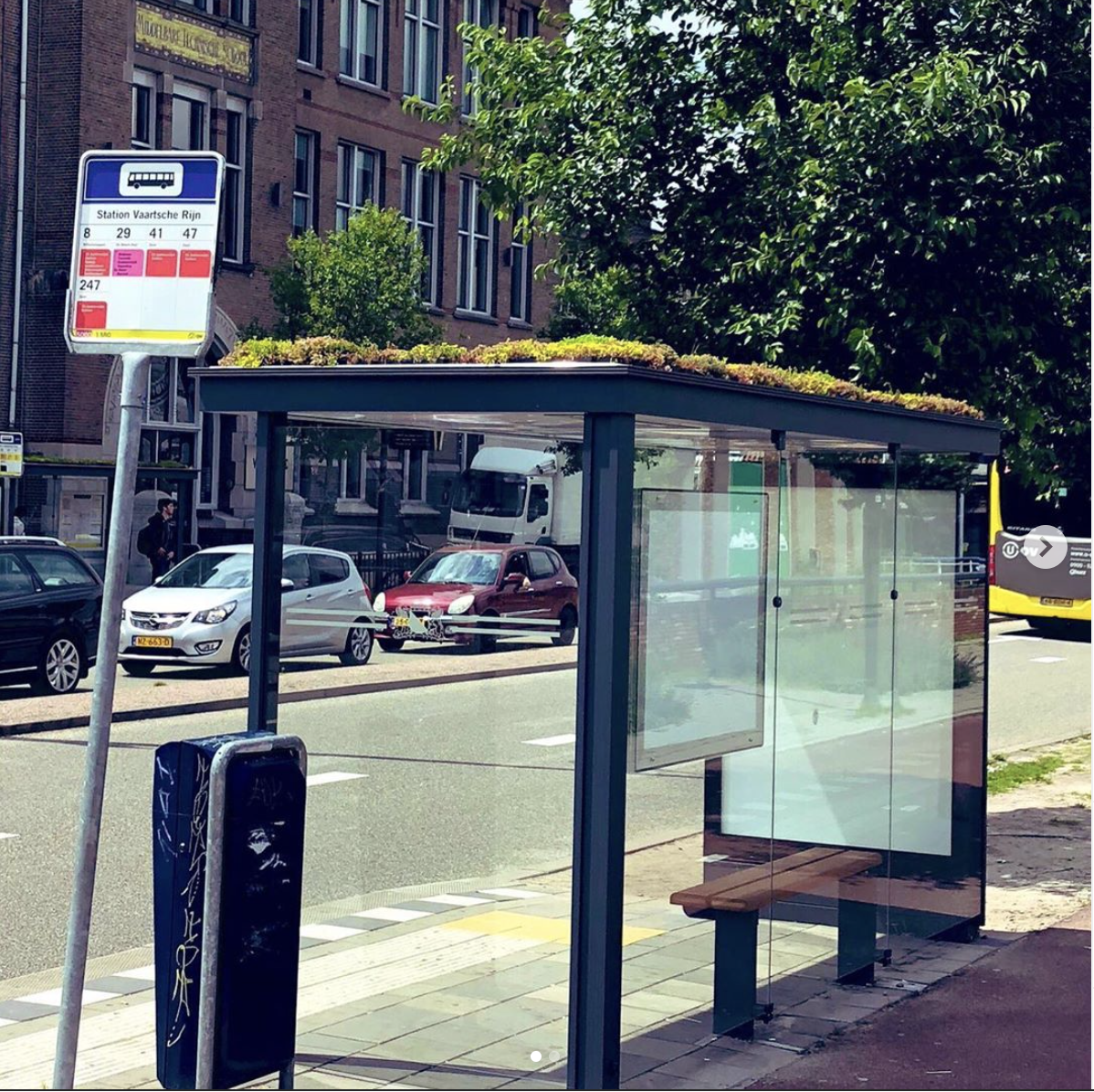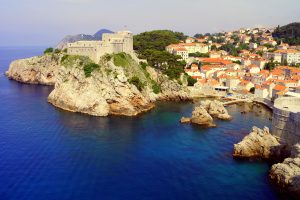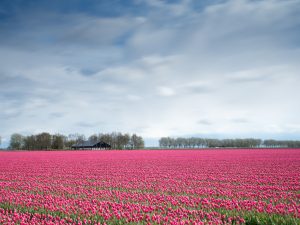The Dutch city of Utrecht has successfully transformed around 316 bus stops into bees stops in the Netherlands. This comes as a move from the city’s officials who wanted to enhance the air quality in the area. Consequently, this is a great initiative for the inhabitants of this area. Moreover, it is an outstanding act in sustainability and can significantly enhance the ecotourism scene of the country.
The Function of Netherlands Bees Stops
The bus stops that became bees hives in the Netherlands have successfully enhanced the biodiversity of the city. It goes without saying that it significantly increased the bees population around the country. Since the Netherlands has detected more than 150 bees’ species on the verge of extinction, they decided to step in.
Therefore, these designated places have eliminated the red flag for such bees from becoming on the verge of extinction. The latter is very dangerous and has been addressed many times throughout history. Perhaps the most famous quote is: “If the bee disappeared off the face of the Earth, man would only have four years left to live.” by Albert Einstein, sums it all.
Bees are critical pollinators for crop species that feed more than 90% of the global population. Consequently, their presence in Utrecht marks the seriousness of the city in preserving this immense need.

Moreover, these bees stops collect rain water and thrive on it. Hence, the urbanized settings of the city is beautifully decorated with these stops. Also, as mentioned earlier, that plants replenish the oxygen levels around the city, hence purifying the breathable air. As plants need Carbon dioxide or CO2 for their photosynthesis function. Apparently, they do a great job in absorbing it from the atmosphere. Not only they relieve us of toxins but also, they release huge amounts of oxygen back into the air.
This in turn protects our lungs and overall health. Seeing greenery around the city is very relaxing to the eyes. Moreover, smelling the beautiful aromas of the flowers is an immunity booster.
Lessons Learnt From The Netherlands Bees Stops

These stops act as a beacon to the world in shedding light on the importance of a balanced ecosystem. They help raise awareness across the globe on the importance of protecting the bees’ natural habitat and ultimately ours. This in turn is very important to ecotourism and sustainable travel. As visitors to the city will admire such act and encourage replicating it in their respective countries.
Also the roofs of these stops contain mainly sedum plants, these are perfect attractors to honeybees and bumblebees. The internal area of the bus stop mainly contains bamboo seatings, another sustainable element. Moreover, the buses are undergoing a total revamp from Diesel base to electric vehicles shift.
If you happen to have insectophobia or entomophobia, then no worries at all as these bees will never attack humans. They peacefully land on top of the bus stop and “graze” on the plants there. They have no interest in attacking anyone. On the contrary, they are very generous according to one comment. “We destroy their habitats and then gift them little patches on bus stops… aren’t we just the most generous species ever!”
Finally, enhancing biodiversity and eco-living is always a great idea. Many cities are trying to take Utrecht as a role model. Such places include Auckland in New Zealand which just happen to be very famous in producing Manuka Honey. A special type of honey that needs careful protection for enhanced sustainability.
You Might be Interested in:






